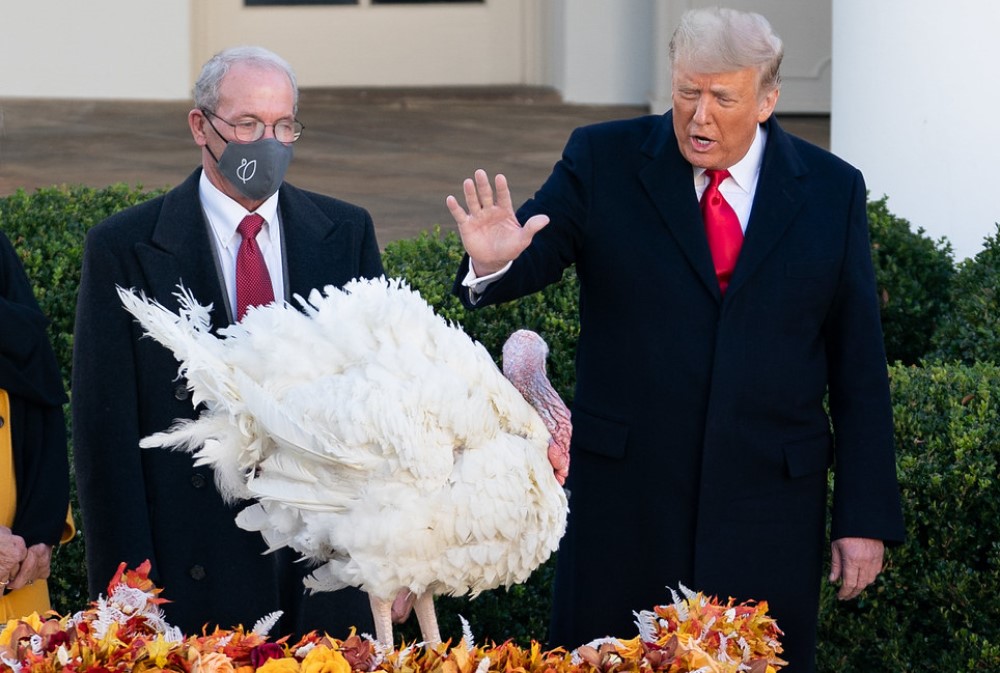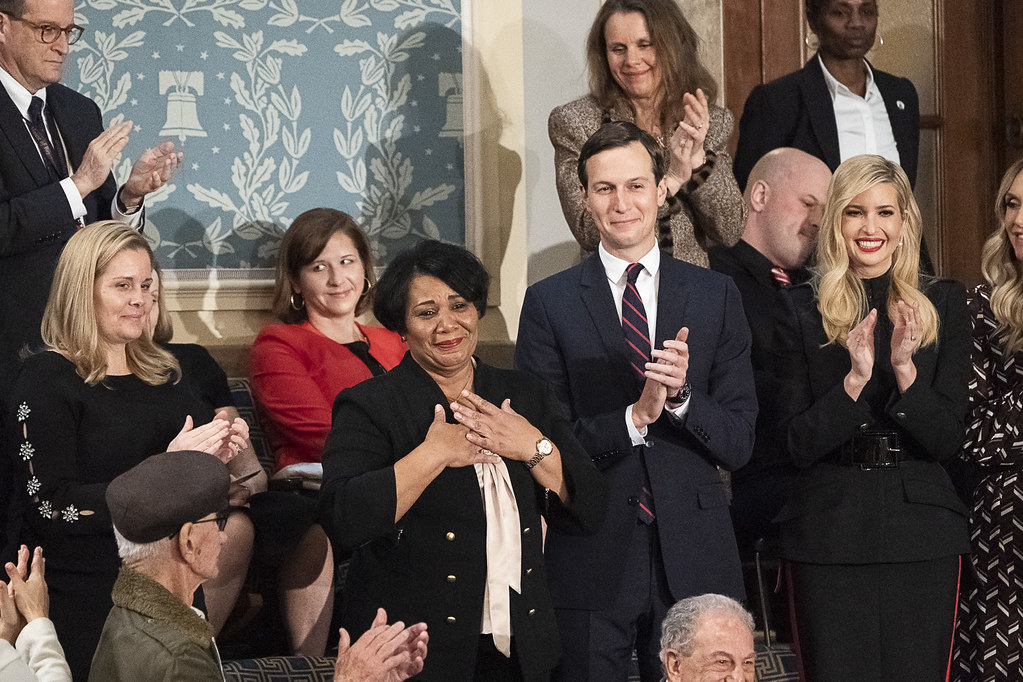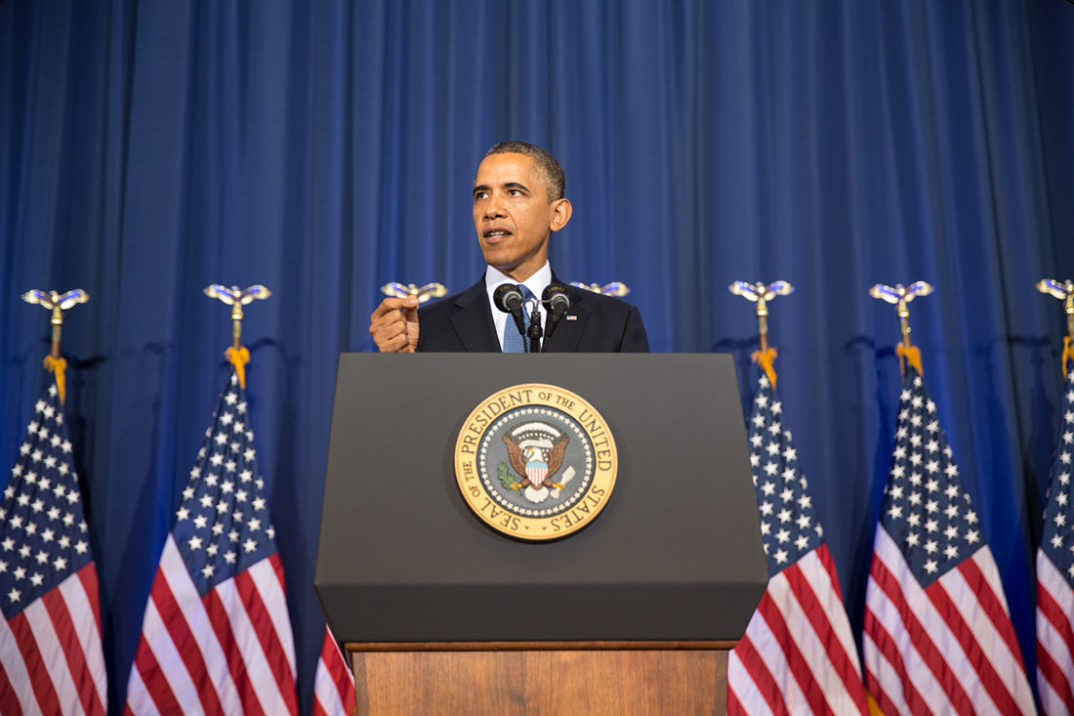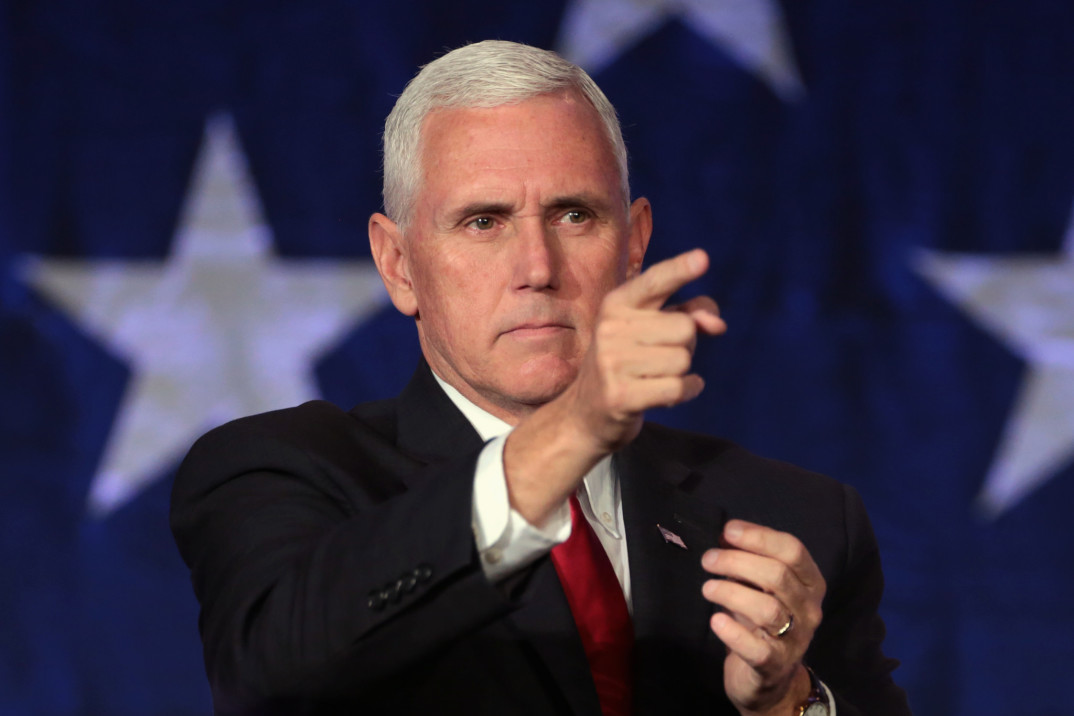The Supreme Court’s July 1st decision in Trump v. United States granted the president immunity from criminal prosecution for official acts. The ruling does not explicitly define “official acts,” but suggests a broad reading for which almost every use of presidential power is, at least presumptively, official. Nor, under the ruling, can presidential acts be investigated for unlawful intent.
Some legal commentators see the decision as a disastrous expansion of executive power. For others, removal of checks on presidential power is a feature and not a bug. Yet others see the decision as formalizing protections the president practically, if not by law, already had. For many, the general principles behind the decision are overshadowed by its potential use by Trump. But the ruling extends beyond any single president, so it bears asking: what exactly is immunity and why should the president have it?
Immunity is freedom from legal accountability, either civil (lawsuits) or criminal (prosecution, fines, and jail time). For example, prosecutors enjoy absolute immunity from lawsuits concerning their role as a prosecutor, even if they act in bad faith. Other officials, such as judges, likewise enjoy absolute civil immunity when doing their job (however dishonestly or maliciously). Police enjoy qualified immunity from lawsuits, which has some qualifications for flagrant and obvious rights violations. Many disagree with these strong immunity doctrines and worry they enable abuse of power.
In the United States, almost all immunity doctrines are examples of judge-made law. They cannot be found in the text of the Constitution nor in legislation. Instead, immunity has resulted from judges interpreting the law, especially Supreme Court decisions: qualified immunity for police in 1967 (and greatly expanded in 1982), prosecutorial immunity in 1976, presidential immunity from lawsuits in 1982, and now presidential immunity from criminal proceedings in 2024.
At face value, immunity doctrines run counter to foundational principles of good democratic governance. First, it is an important element of political equality that we are all equal before the law. Second, government officials acting dangerously or maliciously should be able to be held accountable. Third, individuals harmed by the government or government officials should be able to seek legal remedy for this harm. Immunity doctrines appear to undermine these important goals (equality, accountability, and redress). It does not follow that immunity doctrines are never acceptable, but they should be carefully justified and as limited as possible to avoid undermining good democratic governance. Can presidential immunity meet this challenge?
Some claim that the president already enjoys de facto immunity – the president practically enjoys this power even if it hasn’t been formally articulated in the law. One source of support for this view comes from a 1973 memo by the Nixon administration’s Department of Justice (conveniently) asserting that sitting presidents cannot be criminally tried. Departments of Justice since have kept this view.
But even if we accept sitting presidents have immunity from criminal prosecution practically speaking, this does not provide reason to formalize it. In fact, if we accept the principles of good governance listed above, it is perhaps better to dismantle the practical immunity of the president than enshrine it into law. Still this argument – and the history it points to – potentially serves to minimize the stakes. If the president really already enjoys de facto immunity, then codifying the legal practice is but a small change. Besides, there are potentially other ways to hold presidents to account. Election and impeachment both provide means of reigning in leaders who violate norms. Do we even need the law with these safeguards in place?
Assuredly, elections provide some form of accountability. But elections make presidents answer to the electorate, as opposed to, say, the rule of law. There is also a longstanding ethical concern in democracies referred to as “tyranny of the majority.” While we generally want democracies to be representative, there needs to be certain safeguards to prevent the majority from running rampant with popular support and trampling minority rights (a topic I’ve previously discussed). There are also practical problems. First, elections occur only once every few years. But perhaps more importantly, elections can be corrupted. In order for elections to act as a check on presidential actions, there must be robust protections for free and fair elections, otherwise a politician could undermine the very system which holds them to account.
Impeachment, on the other hand, is more immediate and solves some of the practical problems with elections as a form of accountability. However, like a failed election, the result of a successful impeachment is merely removal from office. While this helps to prevent abuse of the office, it does not deliver justice for wrongs done. Impeachment, by itself, still holds the president above the law.
Ultimately, both answers – impeachment and elections – share an obvious problem: Why can’t we have both these mechanisms and civil/criminal responsibility? For example, if you steal from your work, you can be both fired and prosecuted for stealing. The existence of one form of accountability does not speak against having others.
What is needed, then, is an argument decisively in favor of presidential immunity. Perhaps immunity is vital for effective function of the executive, keeping them independent and ensuring they act decisively? The Supreme Court deployed this reasoning both when rendering the president immune from lawsuits in 1982 and in their most recent decision on criminal immunity. The core idea is that if the president is constantly worried about being sued or prosecuted, then they may not act as boldly and unhesitatingly as the situation demands.
It is undoubtedly true that lawsuits and prosecution are checks on behavior. However, in most cases, we take this to be a good thing. Surgeons, for example, are required to take decisive action. Would, would we prefer a world in which they are immune from lawsuits and criminal prosecution? Certainly, there can be excess (many would allege that medicine has gone too far with malpractice lawsuits), but it does not follow that the only solution to excessive lawsuits is immunity.
Still, one might argue that the president is especially visible and their decisions impact many people – they are perhaps uniquely vulnerable to fears of a paralyzing flood of litigation. Perhaps if the Supreme Court made clear the president was not immune to lawsuits, the floodgates would open.
But even if we accept this chain of logic and assert that the president needs to be immune to lawsuits, the reasoning does not apply to criminal (as opposed to civil) immunity. While lawsuits are initiated by individuals, prosecutions are almost always initiated by government officials. Why should a president require that sort of protection? If the fear is possible corruption in the Department of Justice, then that demands either addressing the corruption or, at most, intervening in specific proceedings rather than granting immunity to an office.
Ultimately, presidential immunity is an extravagant solution with enduring consequences. At best it’s an overreaction; at worst, it’s a gross injustice. It undermines equality before the law, political accountability, and the provision of legal remedy, all to grant one of the most powerful people in the world even more power.









